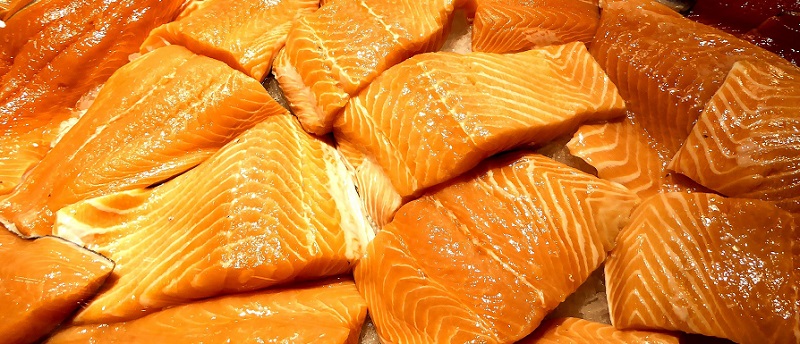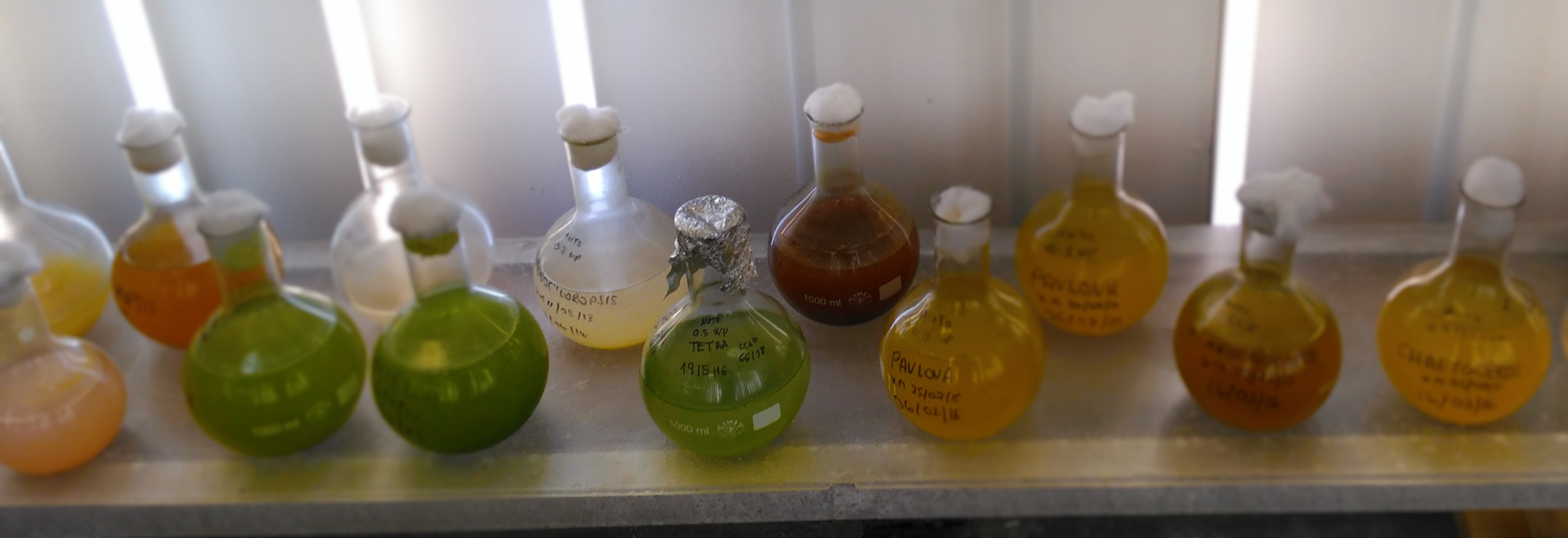
Is salmon on your Christmas menu?
Omega-3 fatty acids are polyunsaturated fatty acids (PUFAs) that are essential for health. The nutrients are required for a number of fundamental processes in the body such as controlling blood clotting and building cell membranes in the brain, and since our bodies cannot make omega-3 fatty acids, we must get them through our diet. Omega-3 fatty acids are also associated with many other health benefits, including protection against heart disease and possibly stroke, and reduction of inflammation.
Omega-3 fatty acids are found in oily fish such as salmon, mackerel and sardines. In the wild these fish obtain the omega-3 fatty acids from the marine algae on which they feed. Farmed fish are an excellent source of omega-3 fatty acids. In aquaculture the fish obtain the omega-3 fatty acids from the feed they are given, which contains fish meal and oils from smaller oily fish like anchovies. However, dwindling wild fish stocks are impacting the availability of fish oils and increasing the price. Consequently less fish oil is being added into the fish feed. A recent study from Stirling University indicated that the amount of omega-3 in farmed salmon has fallen by half in the last 5 years (http://www.bbc.co.uk/news/science-environment-37321656).
As the demand for farmed salmon and other fish increases globally, finding alternative sources of beneficial omega-3 fatty acids is essential and attention is increasingly focusing on micro-algae. In the oceans, micro-algae are the primary producers of omega-3 fatty acids, along with other beneficial unsaturated long-chain fatty acids. Cultivation of fatty acid producing micro-algae for incorporation into farmed fish feed could reduce the demand for fish oils and fish meal from wild pelagic fish stocks and enhance the algal manufacturing industry. Denmark-based aquaculture feed company, BioMar, have already begun production of fish feed which includes omega-3 oils from micro-algae whereby increasing sustainability in the aquaculture market. BioMar feed is used in production of one fifth of the farmed fish in Europe and South and Central America. (https://www.undercurrentnews.com/2016/05/26/biomar-launches-fish-feed-with-fatty-acids-obtained-from-omega-3-rich-microalgae/)
One area of focus of the ASLEE project is to examine the economic viability of using local renewable electricity for phototrophic cultivation of micro-algae, greatly reducing production costs. In a few years’ time your Christmas salmon might contain omega-3 fatty acids produced right here in Scotland.

